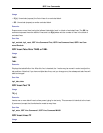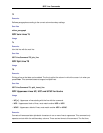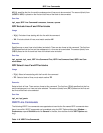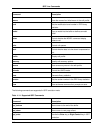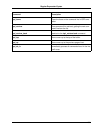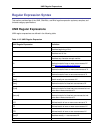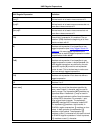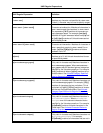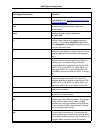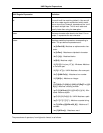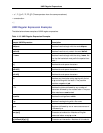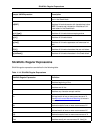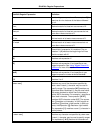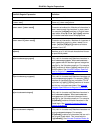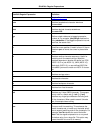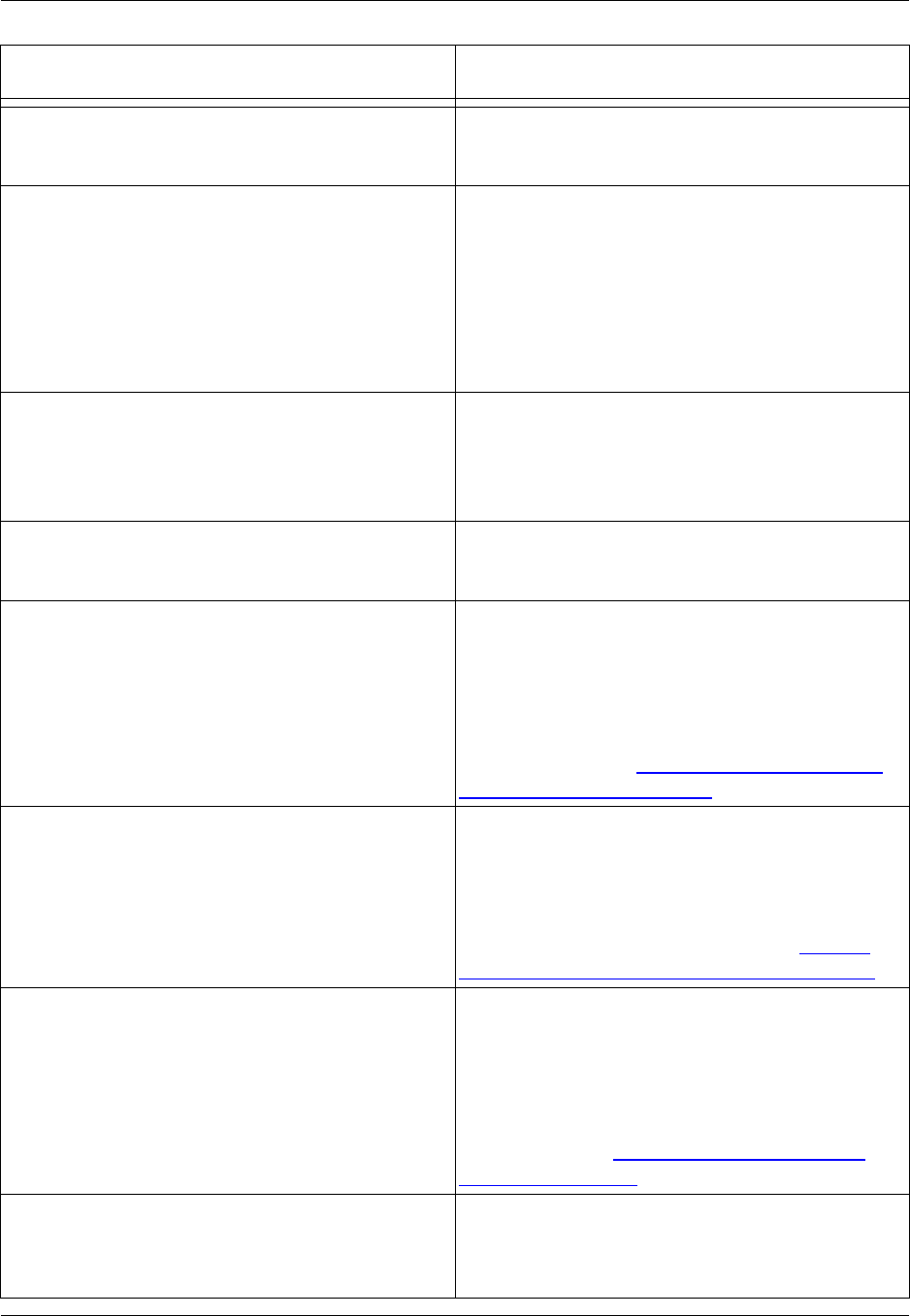
UNIX Regular Expression Definition
[^char-set] Matches any character not specified by char-set.
A dash (-) character may be used to specify ranges.
[char-set1 - [char-set2]] Character set subtraction. Matches all characters in
char-set1 except the characters in char-set2.
The expression [^A-Z] matches all characters ex-
cept uppercase letters. For example, [a-z-[qw]]
matches all English lowercase letters except q and
w. [\p{L}-[qw]] matches all Unicode lowercase let-
ters except q and w.
[char-set1 & [char-set2] Character set intersection. Matches all characters in
char-set1 that are also in char-set2. For ex-
ample, [\x{0}-\x{7f}&[\p{L}]] matches all letters
between 0 and 127.
\x{hhhh} Matches up to 31-bit Unicode hexadecimal charac-
ter specified by hhhh.
\p{UnicodeCategorySpec] (Only valid in character set) Matches characters in
UnicodeCategorySpec. Where UnicodeCat-
egorySpec uses the standard general categories
specified by the Unicode consortium. For example,
[\p{L}] matches all letters. [\p{Lu}] matches all up-
percase letters. See Unicode Category Specifica-
tions for Regular Expressions.
\P{UnicodeCategorySpec] (Only valid in character set) Matches characters not
in UnicodeCategorySpec. For example, [\P{L}]
matches all characters that are not letters. This is
equivalent to [^\p{L}]. [\P{Lu}] matches all charac-
ters that are not uppercase letters. See Unicode
Category Specifications for Regular Expressions.
\p{UnicodeIsBlockSpec] (Only valid in character set) Matches characters in
UnicodeIsBlockSpec. Where UnicodeIsB-
lockSpec one of the standard character blocks
specified by the Unicode consortium. For example,
[\p{isGreek}] matches Unicode characters in the
Greek block. See Unicode Character Blocks for
Regular Expressions.
\P{UnicodeIsBlockSpec] (Only valid in character set) Matches characters not
in UnicodeIsBlockSpec. For example,
[\P{isGreek}] matches all characters that are not in
UNIX Regular Expressions
522



